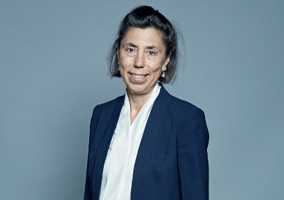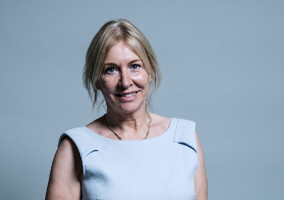Boris Johnson’s reshuffle made the headlines for being “bold” and there were some high-profile changes, including the sacking of education secretary Gavin Williamson and Dominic Raab’s removal from the Foreign Office.
Individual charities may have most interest in different ministerial appointments depending on their cause. But for the sector as a whole, it was the change of minister at the head of the Department for Digital, Culture, Media and Sport (DCMS) that was the most important element of the reshuffle, as the charity sector is one of the responsibilities of the department.
Out went Oliver Dowden (he becomes co-chair of the Conservative Party) and in came Nadine Dorries.
One notable comment from Dowden came at the launch of the Law Family Commission on Civil Society in December 2020. He said: “The early stages of the Covid crisis showed that Whitehall didn’t know as much about civil society as we thought we did.” He went on to say: “That matters, because without that understanding we in government can’t be as effective in supporting the sector or making the most of what it has to offer.”
This begs the question as to why there was this lack of knowledge on the sector.
At a ministerial level, it could be argued that frequent changes are a problem. Since Johnson became prime minister in 2019, three individuals have held the post. During his predecessor Theresa May’s stint as prime minister, there were a further three different ministers at DCMS between 2016 to 2019.
Indeed, Tim Davie, director general of the BBC, speaking at a Royal Television Society conference shortly after Dorries’s appointment, was quoted as pointing out that there have been 10 ministers in the department over the past 10 years.
While there can be good reason to change a minister, regular reshuffles can also mean that just as a minister is getting to really understand and know their remit, they are moved on.
What the charity sector (and indeed other sectors) needs is somebody that understands how it works and what it needs. Given the wide variety of organisations and activities that the charity sector encompasses, this isn’t as simple or as uniform as it first seems. It takes time to build the required knowledge.
Right now, the sector will be hoping that Dorries is open to listening to the sector – and that she is a quick learner.
Tristan Blythe is editor of Charity Finance
Related articles












